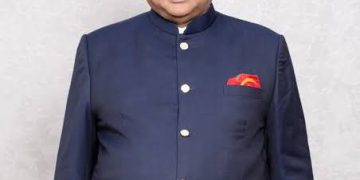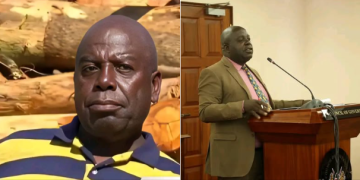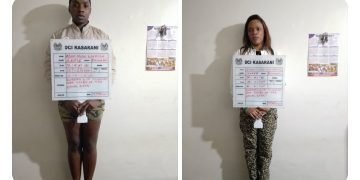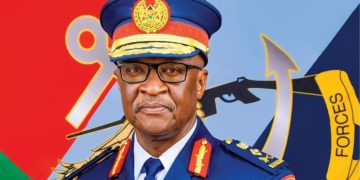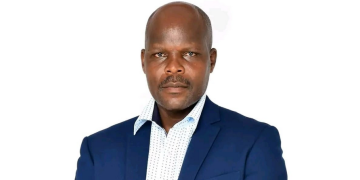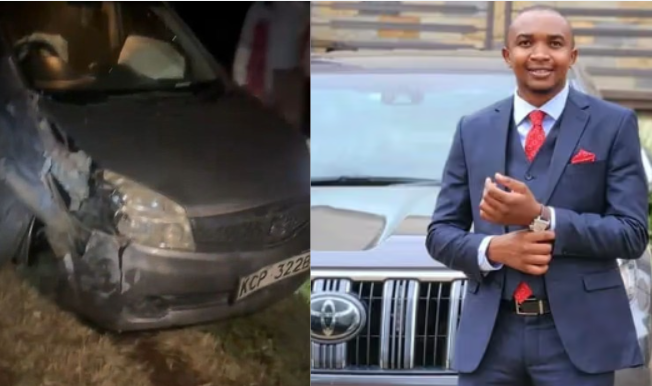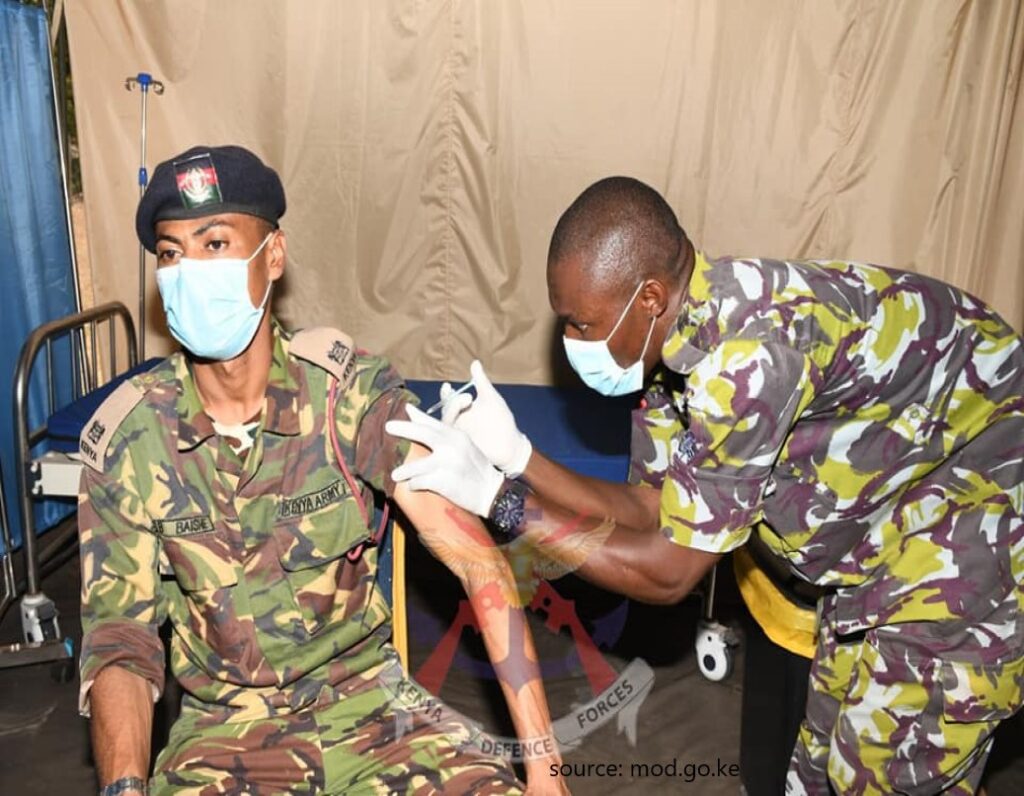On Sunday, September 22, aspiring politician and lawyer attorney Morara Kebaso was involved in a car accident.
The outspoken attorney claimed he was hit by an intoxicated driver in Kivwe, Embu County, in an update posted on his official X account.
Kebaso was returning from his nationwide civic education campaign stops in the counties of Meru and Tharaka Nithi.
Kebaso was hit on the driver’s side of his personal Toyota Prado.
“I have been involved in a road accident side collision in Kivwe, Embu County. By a drunk driver,” Kebaso posted.
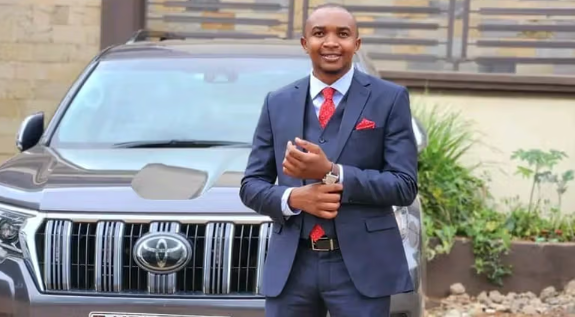
The rise of Morara
Morara David Kebaso, a 28-year-old business professional and lawyer, has quickly become a familiar figure in the latest movement advocating for reforms in Kenya.
Kebaso’s activism began modestly, with him delivering messages to Kenyans from atop his car.
As his videos gained traction online, he refined his approach by blending comedy with civic education, which significantly broadened his audience.
Despite his growing influence in civic matters, Kebaso remains adamant that he has no political ambitions. He cites the discriminatory nature of Kenya’s political landscape against young people as the primary reason for his reluctance to pursue a political career.
Kebaso’s activism is not a recent development; it traces back to his days at Kenyatta University.
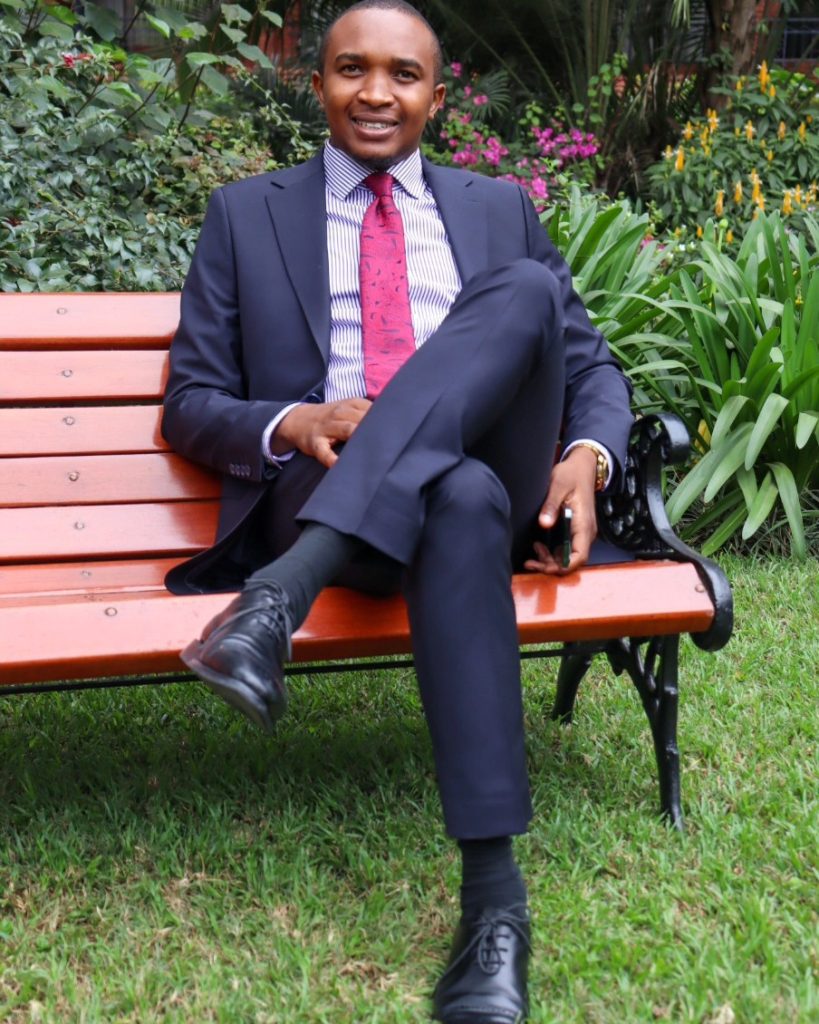
Known for his boldness and fearlessness, Kebaso was a pro-student leader who often clashed with the university administration.
His most notable act of defiance was organizing what is remembered as “the mother of all strikes,” which eventually led to his suspension.
The suspension came after Kebaso posted what was deemed an ‘inappropriate’ message on social media.
He contested the suspension, arguing that the cited social media policy did not exist and that the university had acted contrary to its own regulations.
In his recent role as an activist, Kebaso has taken on the mantle of an “auditor-in-chief” for government projects across Kenya.
He has been traveling the country, inspecting ongoing and stalled projects, with his trips sponsored by ordinary Kenyans.
He revealed that his funding comes from contributions made by Kenyans who support his work, with donations ranging from as little as Sh10 to as much as Sh5,000 from abroad.


